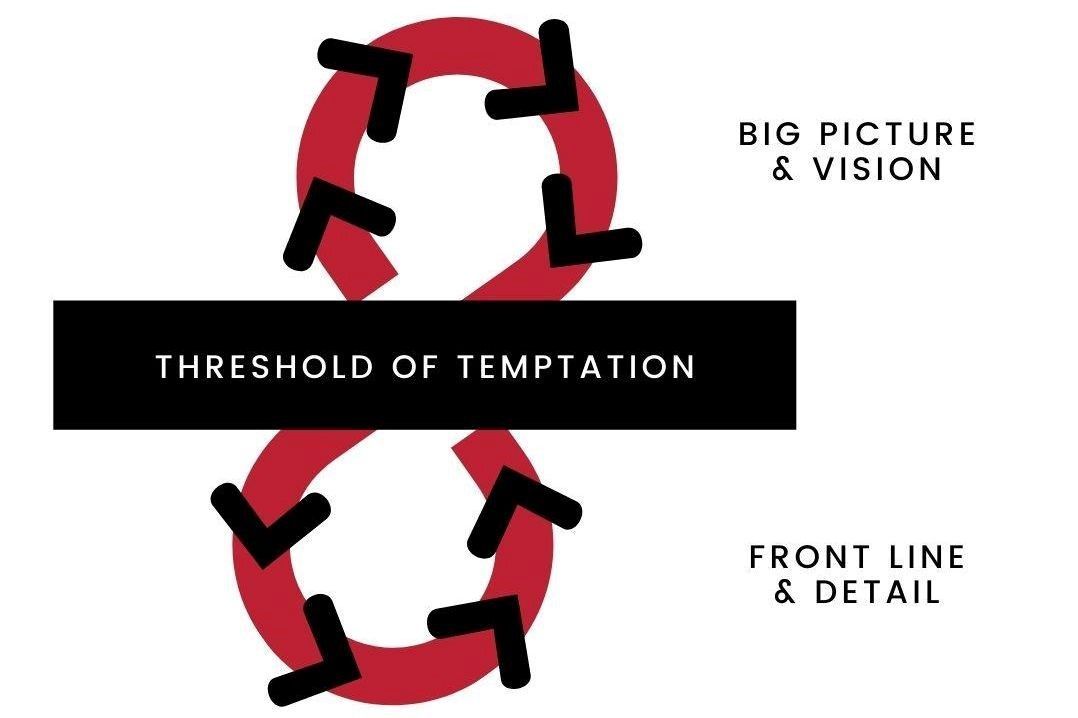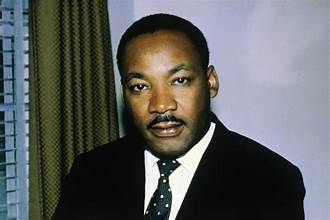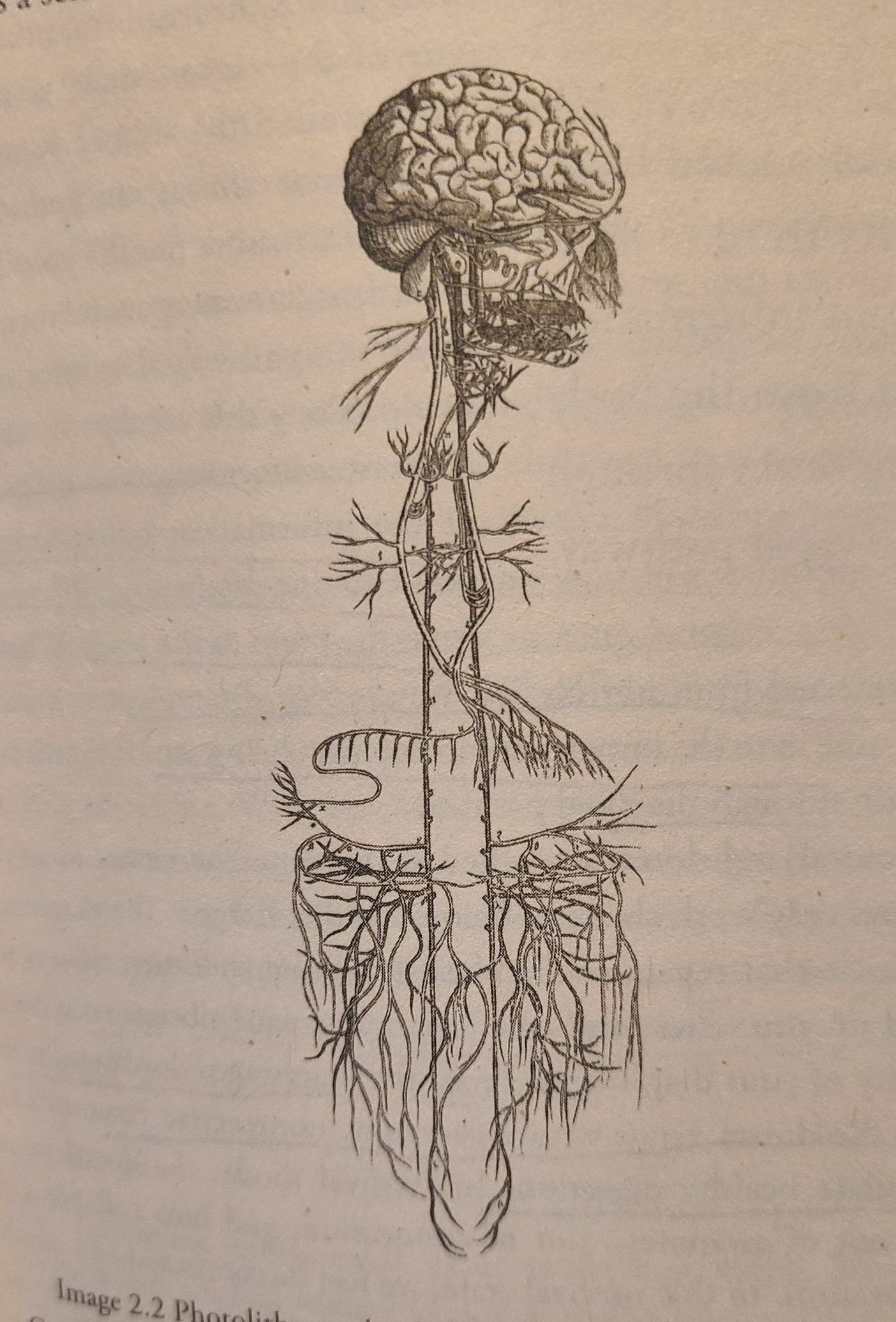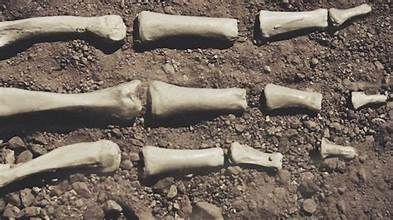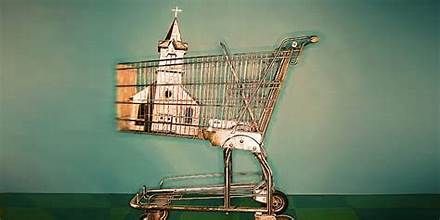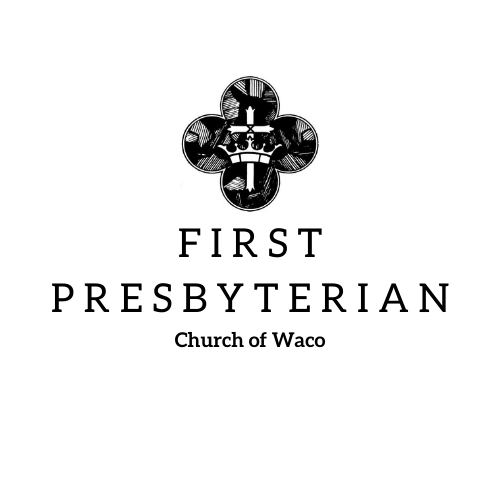Borders, Boundaries and Diplomacy
A trip to the Border of Mexico
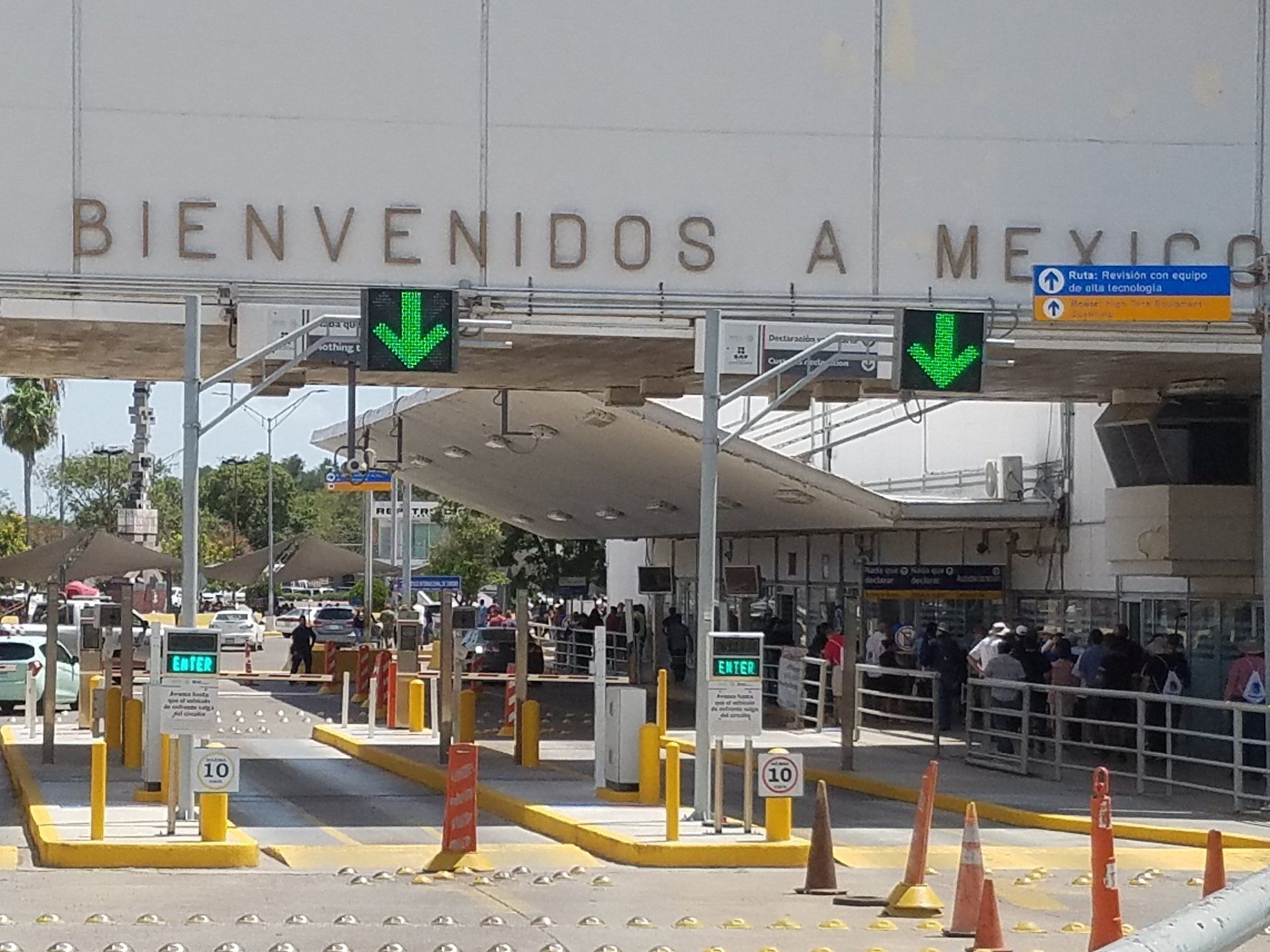
Leviticus 23:22 — When you reap the harvest of your land, you shall not reap to the very edges of your field or gather the gleanings of your harvest; you shall leave them for the poor and for the alien: I am the Lord your God.
Recently, I traveled to the very edge of Texas in a trip organized by Texas pastors in the Dallas/Fort Worth area — Pentecostal, Lutheran, Presbyterian, Methodist and a whole host of others. Our goal: to lay eyes on the border situation and glean evidence to better inform our ministries.
A big coach bus of faith leaders charged south from Dallas, on through Waco and Austin, till hours later we arrived at the border city of McAllen, in many ways ground zero for the immigration crisis in America. First Presbyterian Church of McAllen fed us. Texas Impact, part of an interfaith network seeking to educate others on complicated social issues, updated us on the border crisis and the exceedingly fluid situation involving federal laws, executive orders and back-and-forth court rulings. Because the Mexican town of Reynosa just across the river was deemed too dangerous for clergy, we drove east to Brownsville the next day and crossed into Matamoros. Before crossing, we were equipped with quarters and reminded to keep our passports handy for the return trip.
We saw all sorts of people. We saw workers involved in the daily ritual of getting to their jobs by crossing the border in one direction, then crossing back at the end of their labors. We saw shoppers with bags of merchandise, evidence of the potent economics dependent on solid relations between Texas and Mexico. We saw border patrol agents armed and outfitted in protective gear. But it was not till we crossed that we began to see all of the tents.
Texas Impact officials informed us that as many as 600 migrants might be waiting in these tent cities. The day we crossed probably 250 to 300 were present. Either way, it was a significant jump from the previous average of 80 people waiting to glean American justice after being taken into custody at the border.
Most significant reason for the population increase in these tent cities: The new Migrant Protection Protocols. Enacted in January as a management tool to deal with the flood of asylum-seekers fleeing oppression and violence in Central America, this controversial policy transports migrants, after U.S. detention, back into Mexico to await their immigration proceedings, which can be months or even years off. The manager in me might ordinarily sympathize with the dilemma of overcrowded detention centers and the legal processing of migrants. Yet this so-called “Remain in Mexico” policy of the Trump administration seems only to contribute to the humanitarian crisis festering before us.
Accompanied by a translator, our group talked with three migrant families. Beneath shade trees we shared stories, tears and hope.
Edgar’s story
Consider the story of Edgar, a taxi driver from Honduras. The crime cartel there attempted to extort money from this 22-year-old husband and father. Edgar’s wife pressed him to pay off the cartel, ensuring their protection. Edgar preferred to use the money to pay for his wife’s medical treatments for a thyroid condition. Edgar won the battle. His wife’s medical treatments continued. But one night while he was transporting others about the city, the cartel broke into his home and assaulted his wife. This caused a heart attack and she died on the scene.
Now widowed, Edgar took his 2-year-old daughter Crystal and fled. By the time we arrived , they had been living in tents for 12 days after two weeks in a U.S. detention center. No one had yet asked him to tell his story or provide a reason for his leaving his country, livelihood and extended family. But his story should provoke questions of all Americans, particularly those who see themselves as religiously grounded: What would we do to save our families in such impossible situations?
Edgar is not the only one waiting on the Mexican side of our border. Cartels occupy the Mexican side of the border in nefarious ways. One migrant we talked with had been kidnapped after release from a U.S. detention center. Once his family paid the ransom, he was released back into a different tent city. Yet the longer he waits in a tent city, the more likely another kidnapping is. After all, his family paid for him once. Maybe they will pay again.
Two families we spoke with had daughters. They fled their homeland because the cartels there often demand more than money. Now, on the very edge of Mexico and with America in sight, these migrants must wonder: How could they have known their daughters would still be in danger this close to America?
“I’m sorry you have to wait so long,” I told Edgar at one point.
“It’s not too long to wait if I don’t have to return to my country,” he said. “Even a year is not too long to wait here.”
In none of my conversations did the migrants seem impatient or demanding. They didn’t complain about the tent cities. They were traumatized, yes, but they also seemed hopeful they were so close to America, famous for liberty, might and justice for all. Like the trees we stood beneath, our conversations ran well below the surface of our skin color and social circumstances. These conversations stretched out and for a while I felt we were actually on common ground. It was difficult to tell where my humanity stopped and theirs began.
As a pastor, I spend most of my time managing both time and people toward sacred and holy ends. My sympathy goes to our federal government and border patrol agents for the dangerous job they undertake in managing migrants, many of them desperate. One of my colleagues , Laura Streetman, likens the government dilemma to a plumber trying to fix a drain in the middle of a flood. What plumber would not first deal with the source of the flooding before attending to the drain?
Strategic diplomacy
If we really care about U.S. borders, it seems we would want strategic diplomacy to deal with the source of so many migrants. This requires an administration that knows the nuanced art of deploying democracy. It requires outreach and conversation with nations that have fewer resources and, in some instances, more complex problems than even we face. It means stepping forward throughout the world in respectful but courageous ways, calling upon and even cajoling other administrations into better relationships with their own people. The art of democracy spreads American compassion like seeds planted throughout a fertile world so people in other lands don’t have to seek shelter at a foreign border but can live well in places they love most. Immigration, in short, is a diplomatic mission to be addressed by dedicated and intuitive believers in democracy rather than as a polarizing issue of criminality, race, culture and crass politics.
Upon my return, a friend asked: “Leslie, do you think the migrants you spoke with were genuine? Do you think they might have been manipulating your sympathies?”
Great question! It’s sometimes difficult for strangers to be genuine with one another. After all, we were not only at the edge of the United States and Mexico, we were arguably at the edge of one another’s very humanity. Perhaps I arrived to simply glean their personal information so I could have sensational stories to tell. Was I genuine with them? Perhaps they were gleaning sympathy for money or to leverage me as a resource in their long journey. Were they genuine with me?
This then is the nature of the edge of things. We cannot be absolutely sure of one another. Perhaps this is when, as a person of faith, I must turn inward and ask, “Here at the edge of things, what is the demand upon me? Where is the most important border I experience at this moment? Is it the border of my nation or the border of my own humanity? How deeply set are the roots of my convictions and values? How far do they extend?”
Such questions conjure the trees we stood beneath in Matamoros. Experts say the root system of a tree extends four to seven times the diameter of the foliage above. After the trip to the border, deep down I feel co-mingled in a way no border security system can completely sort or separate. I’m reminded of Matthew 25:40 and my belief that God cares deeply about edges, borders and the common human condition in which we are all rooted. May I be fruitful with all that I have gleaned.

